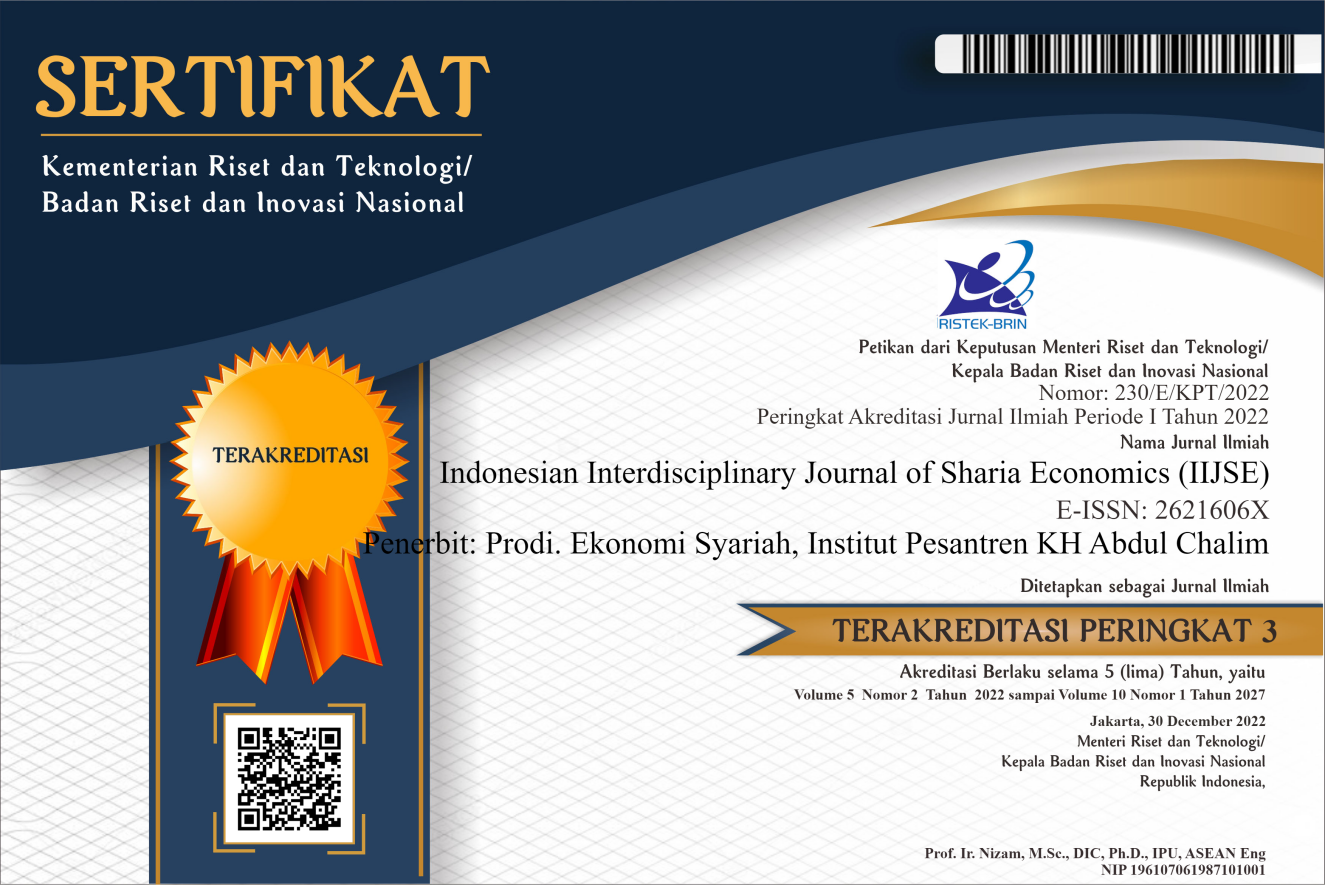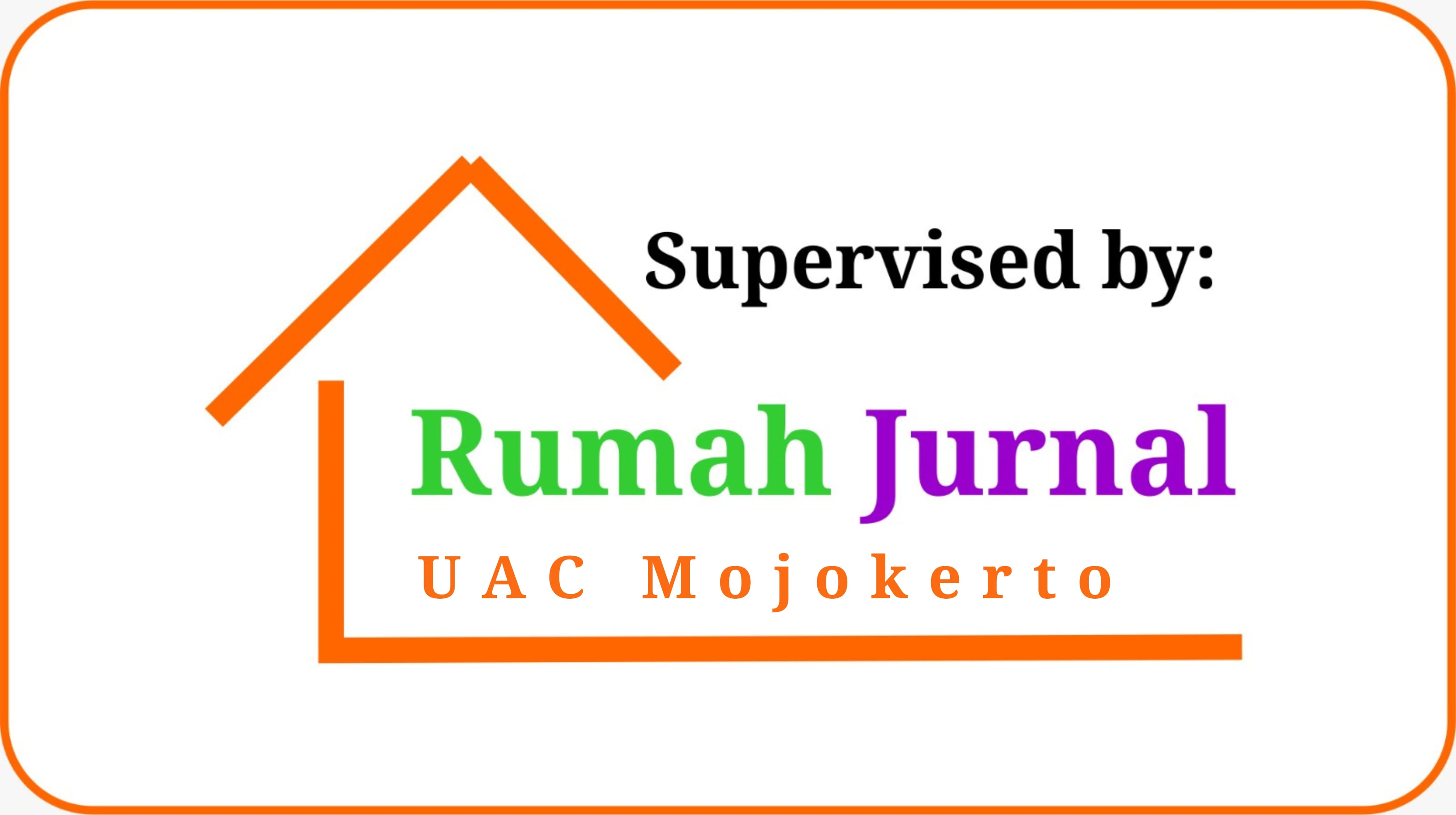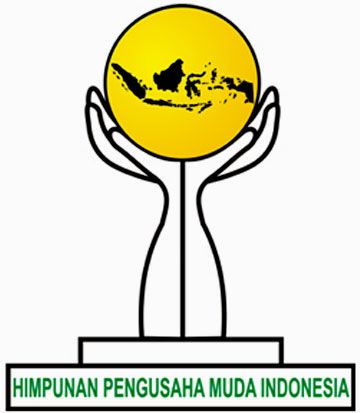Optimizing Event Marketing Strategies in Increasing Brand Awareness at Ichigo Daifuku Surabaya
Abstract
This study aims to identify the event marketing strategies used to increase brand awareness at Ichigo Daifuku Surabaya. The research adopts a descriptive qualitative method and was conducted at Ichigo Daifuku Surabaya, which operates three outlets in and around Surabaya. The subjects of this research include the owner, employees, and customers of Ichigo Daifuku Surabaya. Data were collected using interviews, observation, documentation, and triangulation techniques. The data analysis process involved data reduction, data display, and drawing conclusions. The results of the study indicate that Ichigo Daifuku Surabaya implements event marketing strategies through the selection of strategic event locations, choosing relevant event vendors, and engaging directly with consumers. The company also optimizes its strategies by actively participating in events, using social media as a promotional support tool, and creating memorable experiences for customers. These strategies have proven effective in enhancing brand awareness and customer loyalty.
Downloads
References
Akbar, M. A. (2024). Customer-Centric Strategies: Navigating the Dynamics of Marketing Management for Competitive Advantage. Advances in Business & Industrial Marketing Research, 2(2), 96–109. https://doi.org/10.60079/abim.v2i2.288
Baker, J. (2020). Challenges and Possible Solutions to Optimizing Talent Identification and Development in Sport. Frontiers in Psychology, 11. https://doi.org/10.3389/fpsyg.2020.00664
Chaffey, D., & Fiona, E.-C. (2016). Digital Marketing. pearson.
David, R. . F., & David, R. F. (2017). Strategic Managemen, 16th Global Edition. www.ebook3000.com
Finne, Å., & Grönroos, C. (2017). Communication-in-use: customer-integrated marketing communication. European Journal of Marketing, 51(3), 445–463. https://doi.org/10.1108/EJM-08-2015-0553
Gerritsen, D., & van Olderen, R. (2020). Event marketing. CABI, 30–49. https://doi.org/10.1079/9781789242300.0030
Kato, T. (2021). Brand loyalty explained by concept recall: recognizing the significance of the brand concept compared to features. Journal of Marketing Analytics, 9(3), 185–198. https://doi.org/10.1057/s41270-021-00115-w
Mishra, A., Rath, P. S., & Jena, S. (2022). Impact of Brand Marketing on Consumer Decision Making: With Special Reference to Cosmetic Industry. International Journal for Research in Applied Science and Engineering Technology. https://doi.org/10.22214/ijraset.2022.41417
Nagle, A. J., Delaney, E. L., Bank, L. C., & Leahy, P. G. (2020). A Comparative Life Cycle Assessment between landfilling and Co-Processing of waste from decommissioned Irish wind turbine blades. Journal of Cleaner Production, 277(July), 123321. https://doi.org/10.1016/j.jclepro.2020.123321
Rhine, A. S., & Pension, J. (2023). How to Market the Arts: A Practical Approach for the 21st Century. Oxford University Press. https://doi.org/10.1093/oso/9780197556078.001.0001
Sugiyono. (2020). Metodologi Penelitian Kuantitatif, Kualitatif dan R & D.
Suryana, P. (2022). Event marketing Marketing Strategy in Increasing Brand awareness. Jurnal Ekonomi, Akuntansi Dan Manajemen Indonesia-JEAMI, 1(1).
Wrathall, J., & Steriopoulos, E. (2022). Event marketing and strategy. Reimagining and Reshaping Events. https://doi.org/10.23912/9781911635871-4965
Wrathall, J., & Steriopoulos, E. (2022). Event marketing and strategy. Reimagining and Reshaping Events. https://doi.org/10.23912/9781911635871-4965
Zhou, L. (2022). Research on Quantitative Model of Brand Recognition Based on Sentiment Analysis of Big Data. Frontiers in Psychology, 13. https://doi.org/10.3389/fpsyg.2022.91544
Copyright (c) 2025 Nabilla Rahma Maharsany, Yanda Bara Kusuma

This work is licensed under a Creative Commons Attribution-ShareAlike 4.0 International License.
Authors who publish with this journal agree to the following terms:
- Authors retain copyright and grant the journal right of first publication with the work simultaneously licensed under a Creative Commons Attribution License that allows others to share the work with an acknowledgment of the work's authorship and initial publication in this journal.
- Authors are able to enter into separate, additional contractual arrangements for the non-exclusive distribution of the journal's published version of the work (e.g., post it to an institutional repository or publish it in a book), with an acknowledgment of its initial publication in this journal.
- Authors are permitted and encouraged to post their work online (e.g., in institutional repositories or on their website) prior to and during the submission process, as it can lead to productive exchanges, as well as earlier and greater citation of published work.


















